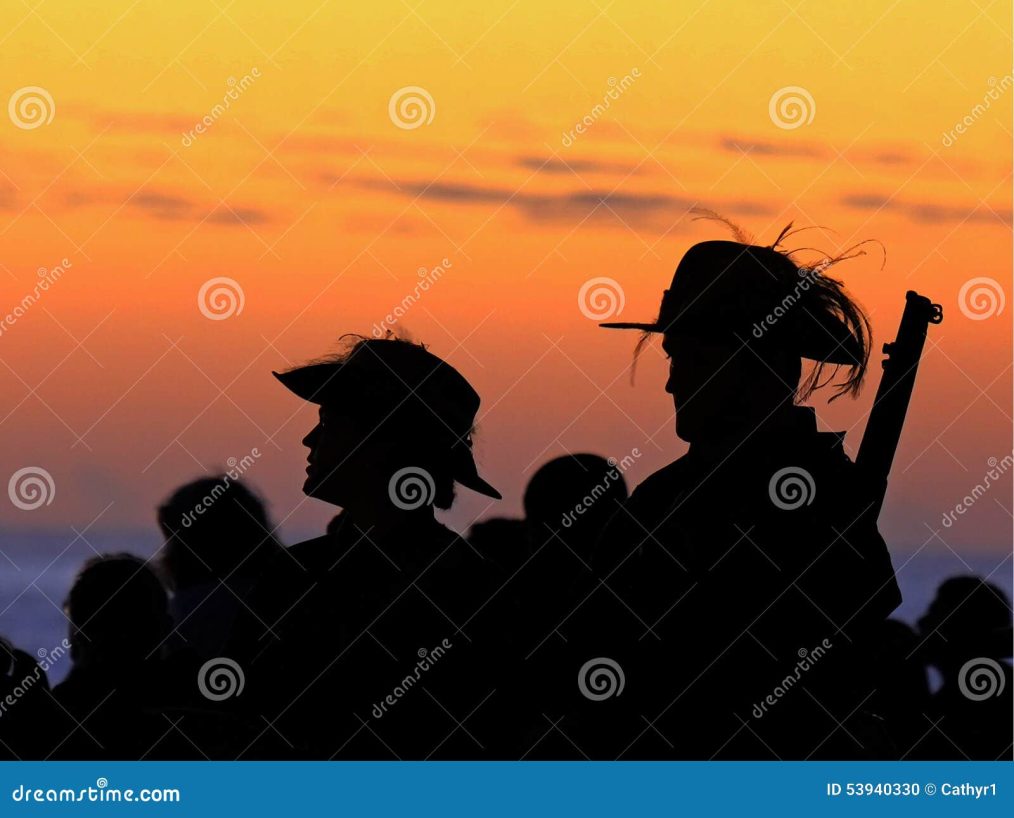
Australian Light Horse Charge – The Lighthorsemen
During World War I, Australian horsemen, part of the Australian Light Horse regiments, played a crucial role in the Middle Eastern theatre, facing off against both German and Ottoman forces. Their most iconic moment came during the Battle of Beersheba, a pivotal engagement in the wider Sinai and Palestine Campaign.
In the harsh desert landscape of the Middle East, Australian Light Horse units showcased their exceptional horsemanship, endurance, and adaptability. Operating in terrain where traditional cavalry tactics were thought to be obsolete, they proved the value of mounted troops in modern warfare.
The Battle of Beersheba, which took place on October 31, 1917, saw Australian Light Horse brigades as part of the larger British Empire forces attempting to capture the strategically vital town of Beersheba, located in present-day Israel. The town was a crucial Ottoman stronghold that guarded the road to Jerusalem.
As part of a daring and audacious plan, the Australian Light Horsemen executed a historic mounted charge against entrenched Ottoman positions. In a dramatic display of courage and skill, they galloped over open ground, under heavy fire from Turkish machine guns and artillery, to breach the enemy defences.
Despite facing daunting odds, the Australians, armed with rifles and bayonets, spurred their horses forward with characteristic bravery. The surprise and speed of their charge caught the Ottomans off guard, enabling them to break through the enemy lines and capture the town. This bold manoeuvre not only secured Beersheba but also opened the way for further advances into Palestine.
The success of the Australian Light Horse charge at Beersheba marked a significant turning point in the campaign, ultimately leading to the eventual capture of Jerusalem by British Empire forces. It also solidified the reputation of the Australian mounted troops as formidable warriors, revered for their tenacity, resourcefulness, and willingness to take on the toughest challenges in the service of their country.



